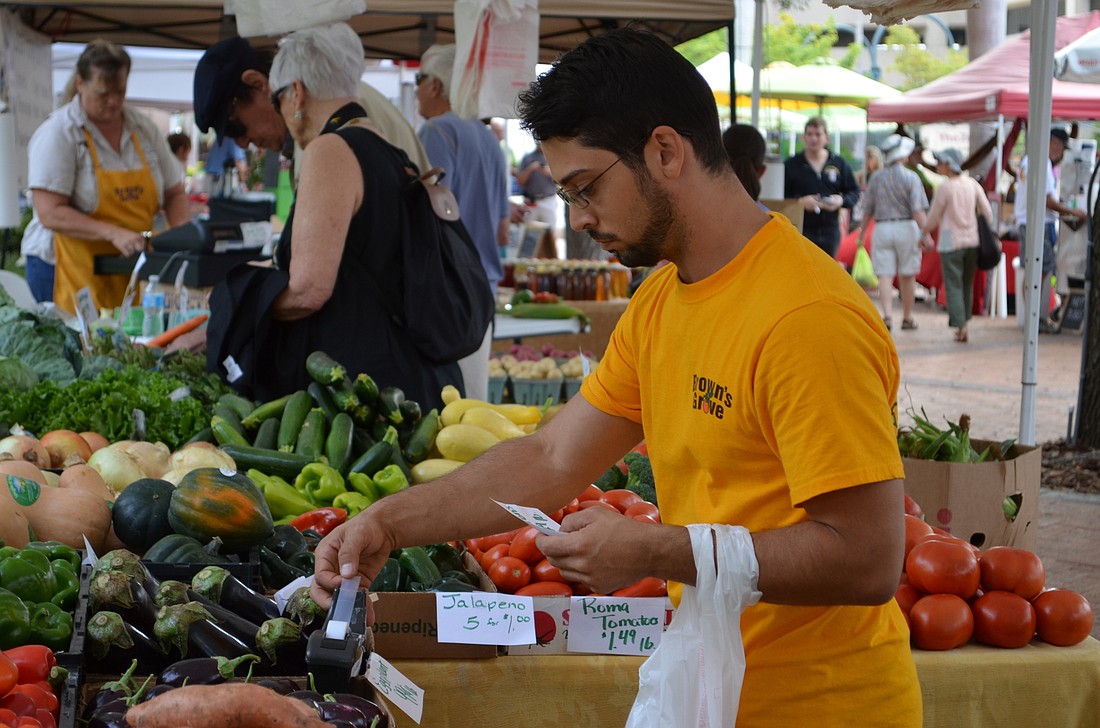- November 19, 2025
-
-
Loading

Loading

Editor's note: This is Part 1 of a two-part series on eating for longevity.
The phrase “you are what you eat”’ was coined in France in 1825, by Jean Anthelme Brillat-Savarin, a politician, gastronome and author.
The phrase's meaning has evolved over the last two centuries, but it’s as true today as it was then, and it may be even more important now.
Our bodies are constantly rebuilding themselves. In fact, all the cells in our bodies, brains, muscles, bones, everything, get replaced about every seven years. And the food we put in our mouth is what our body has to work with. So you can see the direct correlation between what we eat and who we are.
Are we built of the best stuff to keep us alive, healthy and feeling great?
Or are we built out of junk food that keeps us moving slow, feeling sluggish and depressed.
Back in 1825 there was only fresh food. No junk, no empty calories, no chemical preservatives, no artificial flavors, colors or artificial anything.
These real foods are still available. We‘ve just fallen out of the habit of eating real food and developed addictions to the fat, salt, sugar and chemicals manufacturers have put in processed foods.
If you want to start eating better, try this. Keep a log on your phone or write down everything you eat for three days: two weekdays and one weekend day. Take a look at the food you’ve eaten. How much of it was healthy real food and how much of it was loaded with artificial whatever.
How did you feel after those meals? Glad you ate them or angry with yourself?
If you felt yucky, don’t beat yourself up too much. These habits develop slowly over time and you’re reading this because you’re getting ready to make the changes you need to make to eat for health and longevity.
Changing your eating habits isn’t the horror show you may think it is. You’re simply going to gradually substitute new favorite real foods for old favorite junk foods. And you’ll start to feel better as your nutrition improves.
Nutrition is a very complex subject. Scientists spend their entire lives studying and modifying what we should and shouldn’t eat and why. Their work has changed the way we live. But you don’t need a doctorate to eat for longevity. Just a few rules of thumb can keep you pointed in the right direction.
You can also add Asian, Southwestern, Middle Eastern and just about any other seasoning to the mostly Mediterranean ingredients to give you a huge variety of choices that will make you forget about ever going back to a junk food diet.
These are the kinds of foods people who live to be 100-plus years old eat every day.
Not only the types of foods, but the quality of those foods can make a difference in how your body reacts.
Next month, we’ll look at places in the world, known as Blue Zones, including here in the U.S., where people often live to 100 and beyond.
We’ll see how you can apply what you’ve just read and easily do what they do right now. You’ll also learn about eating clean, intermittent fasting and how various foods affect specific health issues.